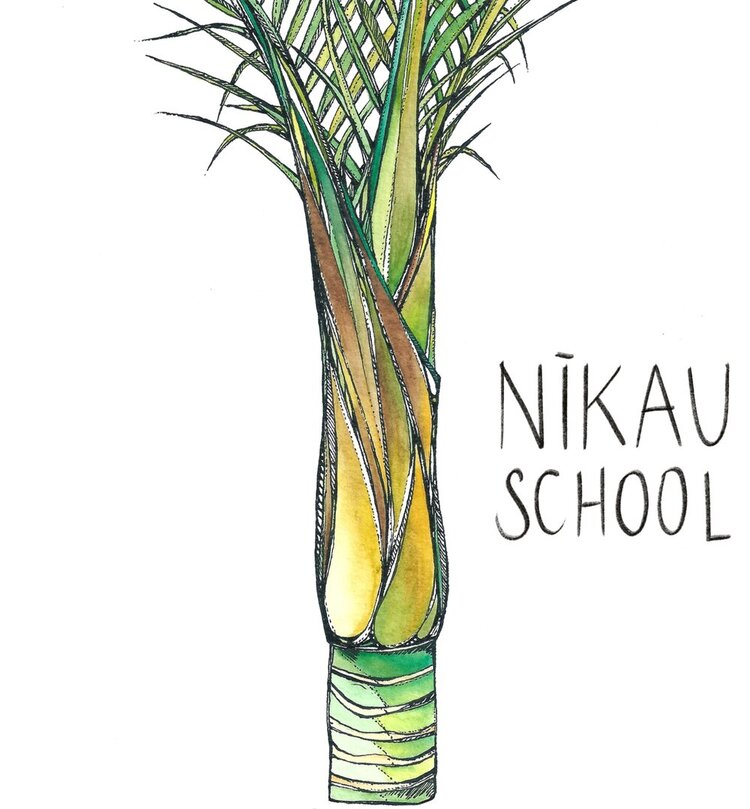Montessori education offers a time-tested, research-backed approach that nurtures the whole child – academically, socially, emotionally, and physically. At Nīkau Montessori School, we follow the Montessori method for children aged 6 to 12, creating an environment where learning is joyful, purposeful, and connected to real life.
What Makes Montessori Different?
Unlike traditional education models, Montessori education is child-led, hands-on, and deeply respectful of each child’s individual development. Rather than teaching a one-size-fits-all curriculum, we provide a rich, prepared environment where children are free to explore at their own pace, supported by trained guides who observe and respond to their readiness and interests.
Key Benefits of Montessori Education
Fosters Independence and Self-Motivation:
Children in a Montessori environment learn to take responsibility for their own learning. They choose their work, manage their time, and follow their interests, developing strong decision-making skills and intrinsic motivation that lasts a lifetime.
Encourages Deep Concentration and Focus:
With long, uninterrupted work periods, tamariki can fully engage with tasks, repeat activities for mastery, and dive deeply into areas of interest. This builds the ability to concentrate, persevere, and complete meaningful work.
Develops Critical Thinking and Problem Solving:
Montessori materials are designed to be self-correcting and thought-provoking. Children are encouraged to explore, make connections, and discover solutions through hands-on experimentation and observation.
Supports Social and Emotional Growth:
Multi-age classrooms create natural opportunities for mentorship, collaboration, and leadership. Children learn conflict resolution, empathy, and grace and courtesy as part of daily life in the community.
Promotes Academic Excellence:
The Montessori curriculum is broad and deep, covering math, literacy, geometry, geography, biology, history, and the arts. Learning is interconnected and contextual, sparking curiosity and ensuring children understand why they're learning, not just what they're learning.
Connects Children with Nature and the Real World:
At Nīkau Montessori School, our outdoor classroom is just as important as our indoor space. Regular time in nature fosters physical well-being, environmental stewardship, and a grounded sense of self.
Honours Each Child’s Unique Development:
Montessori education respects that no two children learn in the same way or at the same pace. By tailoring learning experiences to the individual, we help every child feel seen, valued, and supported.
Montessori in the 6–12 Years: Why It Matters
The primary years are a critical time for cognitive development, moral understanding, and the desire to contribute meaningfully to society. Montessori education during these years supports the growing intellect and imagination, helping tamariki develop a sense of purpose, social awareness, and self-confidence.
With big-picture lessons, integrated project work, and opportunities for independent research, our 6–12 program lays a foundation for lifelong learning and global citizenship.
Long-Term Impact of Montessori Education
Research shows that children who attend Montessori schools are more likely to:
Show higher levels of academic achievement and executive function
Display strong social-emotional skills
Be creative, self-directed, and curious learners
Maintain a deep love of learning throughout life
Is Montessori Right for Your Child?
If you want your child to learn in an environment that values curiosity over compliance, depth over speed, and growth over grades, Montessori may be the perfect fit.
At Nīkau Montessori School, we invite you to explore this powerful educational approach and see the difference it can make in your child’s life.
Nīkau Montessori School: Where learning is led by the child, guided by the teacher, and grounded in nature.
